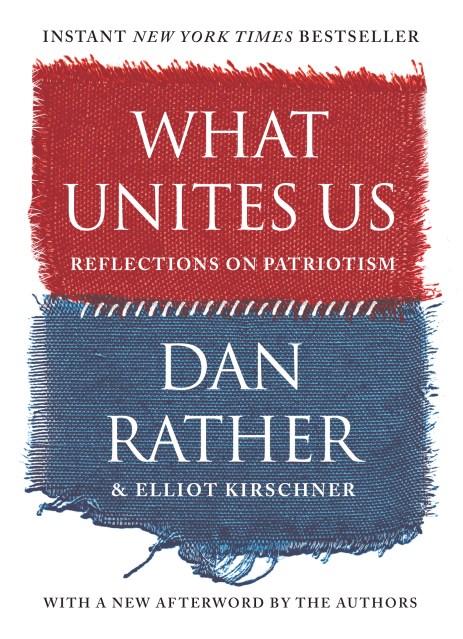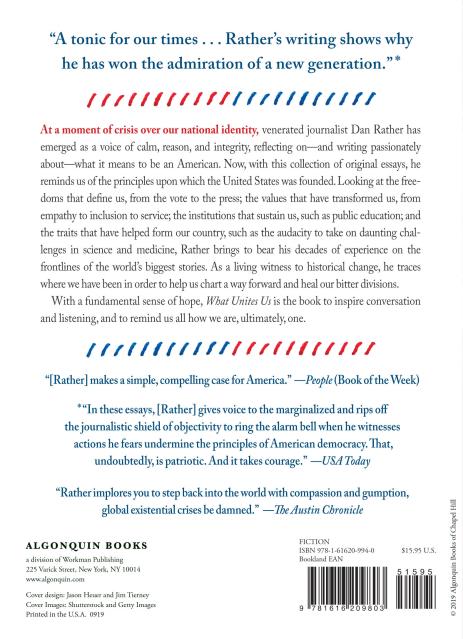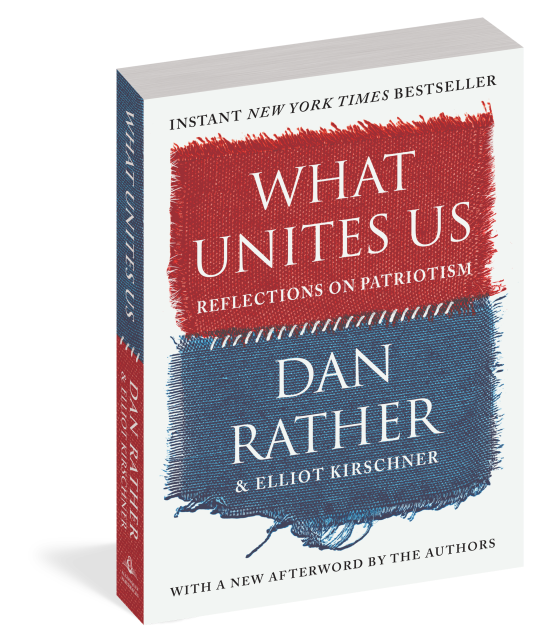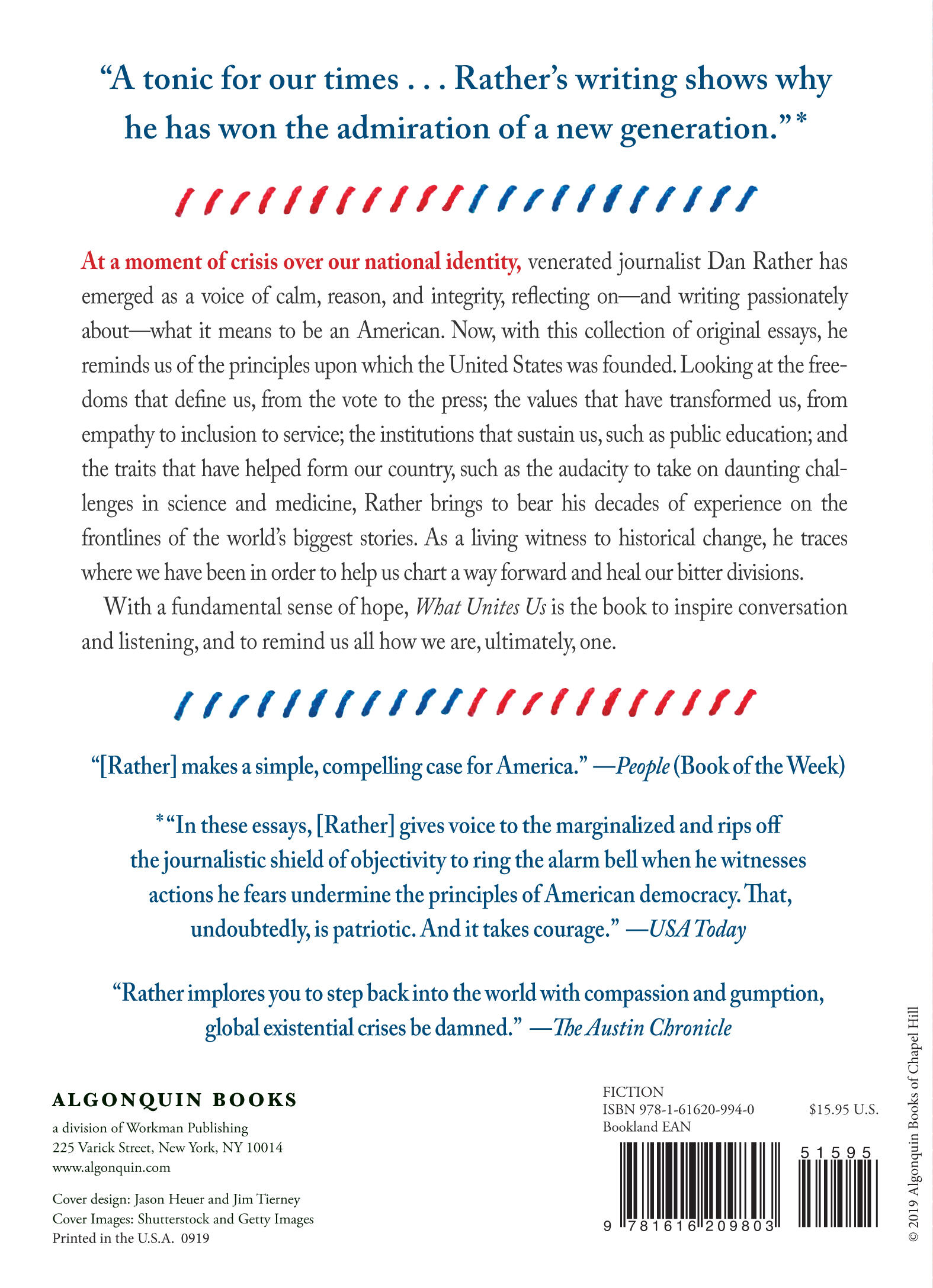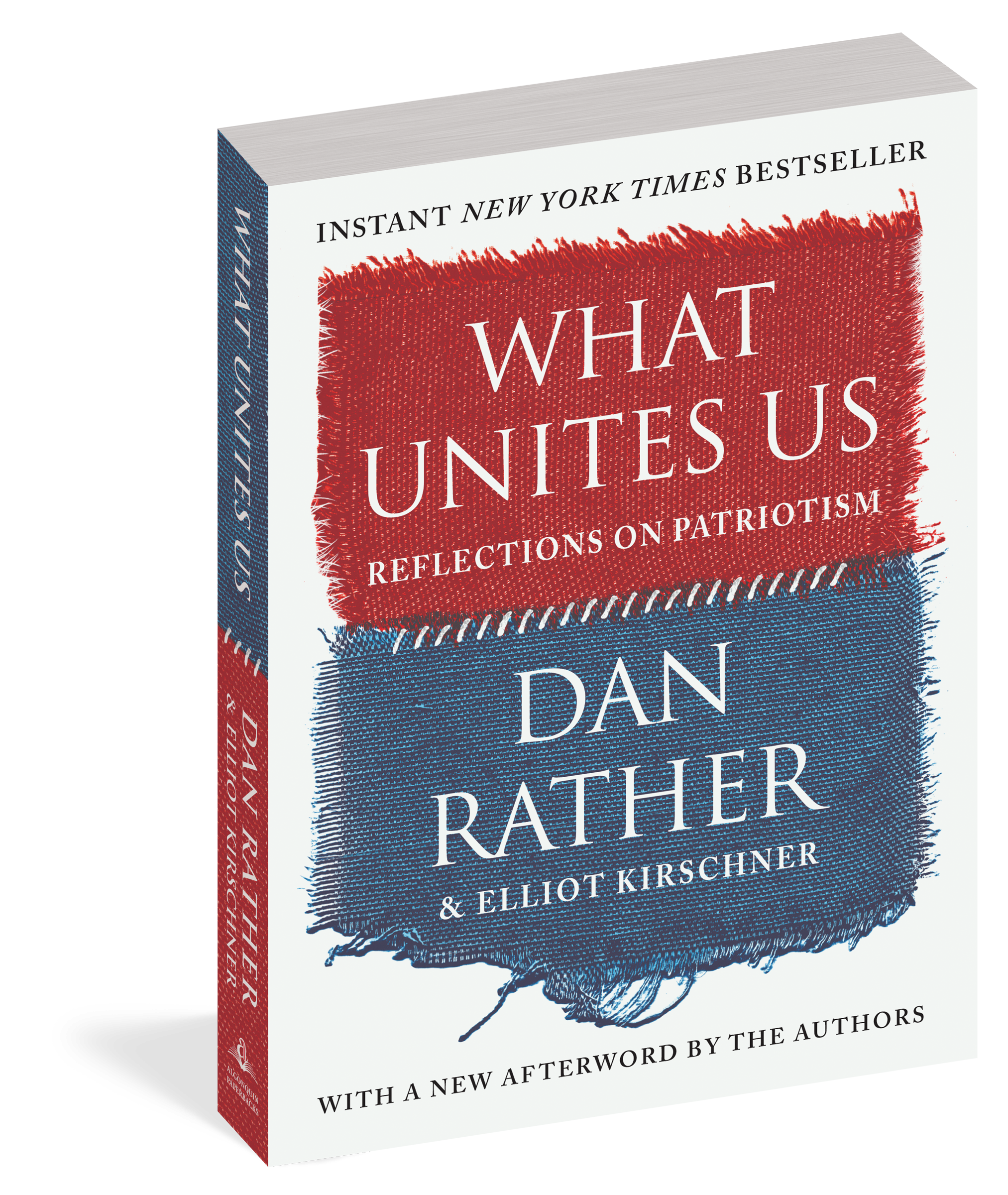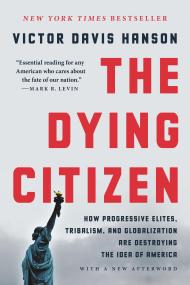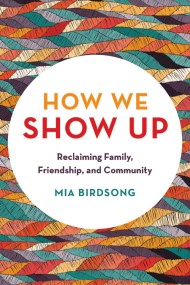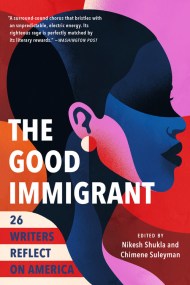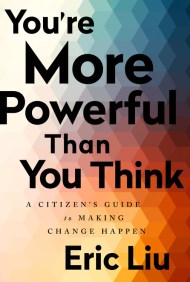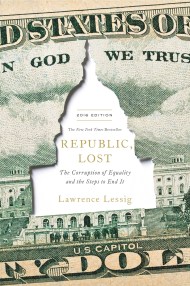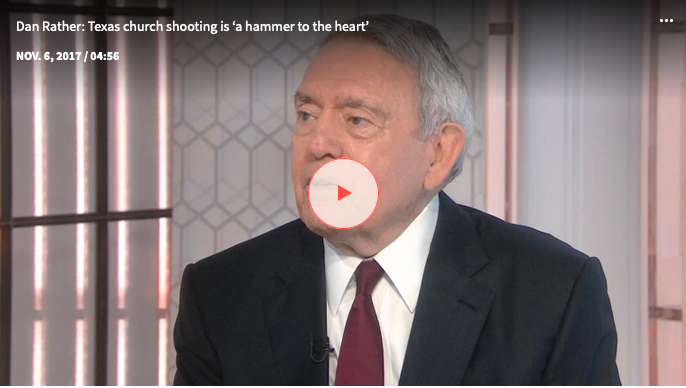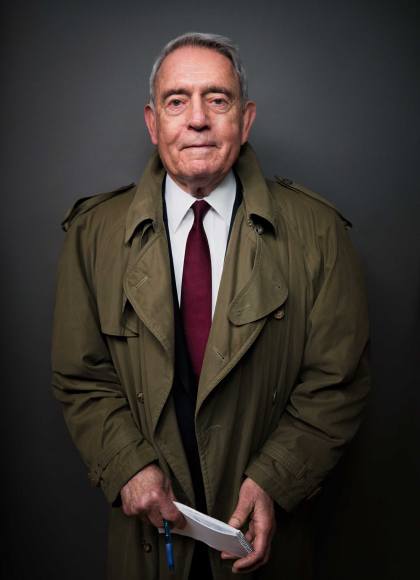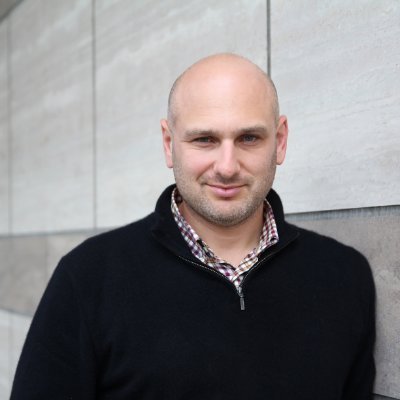Promotion
Use code MOM24 for 20% off site wide + free shipping over $45
What Unites Us
Reflections on Patriotism
Contributors
By Dan Rather
Formats and Prices
Price
$16.95Price
$22.95 CADFormat
Format:
- Trade Paperback $16.95 $22.95 CAD
- ebook $11.99 $15.99 CAD
- Hardcover $24.95 $30.95 CAD
This item is a preorder. Your payment method will be charged immediately, and the product is expected to ship on or around September 3, 2019. This date is subject to change due to shipping delays beyond our control.
Also available from:
AN INSTANT NEW YORK TIMES BESTSELLER
“I find myself thinking deeply about what it means to love America, as I surely do.” —Dan Rather
“A tonic for our times . . . Rather’s writing shows why he has won the admiration of a new generation. In these essays, he gives voice to the marginalized and rips off the journalistic shield of objectivity to ring the alarm bell when he witnesses actions he fears undermine the principles of American democracy. That, undoubtedly, is patriotic. And it takes courage.”
—USA Today
At a moment of crisis over our national identity, venerated journalist Dan Rather has emerged as a voice of reason and integrity, reflecting on—and writing passionately about—what it means to be an American. Now, with this collection of original essays, he reminds us of the principles upon which the United States was founded. Looking at the freedoms that define us, from the vote to the press; the values that have transformed us, from empathy to inclusion to service; the institutions that sustain us, such as public education; and the traits that helped form our young country, such as the audacity to take on daunting challenges in science and medicine, Rather brings to bear his decades of experience on the frontlines of the world’s biggest stories. As a living witness to historical change, he offers up an intimate view of history, tracing where we have been in order to help us chart a way forward and heal our bitter divisions.With a fundamental sense of hope, What Unites Us is the book to inspire conversation and listening, and to remind us all how we are, finally, one.
Genre:
-
“A tonic for our times . . . Rather's writing shows why he has won the admiration of a new generation. In these essays, he gives voice to the marginalized and rips off the journalistic shield of objectivity to ring the alarm bell when he witnesses actions he fears undermine the principles of American democracy. That, undoubtedly, is patriotic. And it takes courage.”
—USA Today
“[A] much-needed collection of essays from Rather on American values, from the importance of empathy, inclusion and service to the qualities that helped found the nation.”
—New York Post (Required Reading)
“One of American’s most trusted voices . . . reminds us what’s great about this country in a time of unprecedented polarization.”
—Entertainment Weekly
“What Unites Us . . . stirringly melds memoir with a meditation on American values, including patriotism, inclusion and dissent.”
—CNN.com
“Interweaving sweet personal stories with history, [Rather] makes a simple, compelling case for America . . . a clear-eyed love letter to USA. A tonic for disaffected millennials and conservative grandpas alike.”
—People (Book of the Week)
“From his vantage point as one of this country’s most revered broadcasters, Rather analyzes the current state of disconnected discourse in a series of reflective essays that go to the heart of what it means to be an American.”
—Booklist (starred review)
"What Unites Us is at times almost unbearably poignant. Yet Rather’s words provide a sort of salve—and clear thinking about how to recover from these ugly times. What Unites Us is a passionate treatise on preserving the best of America and letting go of that which makes us weaker.”
—BookPage
“If everyone could adopt the measured tone of Rather . . . you begin to feel that political chasms could be crossed . . . Rather implores you to step back into the world with compassion and gumption, global existential crises be damned.”
—Austin Chronicle
“[A]n essential read for anyone swept up in the current national conversation.”
—TimeOut.com
“A full-throated celebration of the national spirit and its potential to persevere.”
—Kirkus Reviews
“Provides a pleasant alternative to the reliance on vitriol and irony in modern political discourse . . . Rather has issued a stirring call for overcoming today’s strident partisanship.”
—Publishers Weekly
- On Sale
- Sep 3, 2019
- Page Count
- 304 pages
- Publisher
- Algonquin Books
- ISBN-13
- 9781616209940

Praise
-
“A tonic for our times . . . Rather's writing shows why he has won the admiration of a new generation. In these essays, he gives voice to the marginalized and rips off the journalistic shield of objectivity to ring the alarm bell when he witnesses actions he fears undermine the principles of American democracy. That, undoubtedly, is patriotic. And it takes courage.”
—USA Today
“[A] much-needed collection of essays from Rather on American values, from the importance of empathy, inclusion and service to the qualities that helped found the nation.”
—New York Post (Required Reading)
“One of American’s most trusted voices . . . reminds us what’s great about this country in a time of unprecedented polarization.”
—Entertainment Weekly
“What Unites Us . . . stirringly melds memoir with a meditation on American values, including patriotism, inclusion and dissent.”
—CNN.com
“Interweaving sweet personal stories with history, [Rather] makes a simple, compelling case for America . . . a clear-eyed love letter to USA. A tonic for disaffected millennials and conservative grandpas alike.”
—People (Book of the Week)
“From his vantage point as one of this country’s most revered broadcasters, Rather analyzes the current state of disconnected discourse in a series of reflective essays that go to the heart of what it means to be an American.”
—Booklist (starred review)
"What Unites Us is at times almost unbearably poignant. Yet Rather’s words provide a sort of salve—and clear thinking about how to recover from these ugly times. What Unites Us is a passionate treatise on preserving the best of America and letting go of that which makes us weaker.”
—BookPage
“If everyone could adopt the measured tone of Rather . . . you begin to feel that political chasms could be crossed . . . Rather implores you to step back into the world with compassion and gumption, global existential crises be damned.”
—Austin Chronicle
“[A]n essential read for anyone swept up in the current national conversation.”
—TimeOut.com
“A full-throated celebration of the national spirit and its potential to persevere.”
—Kirkus Reviews
“Provides a pleasant alternative to the reliance on vitriol and irony in modern political discourse . . . Rather has issued a stirring call for overcoming today’s strident partisanship.”
—Publishers Weekly
On Air
Watch and listen to these thoughtful interviews:
